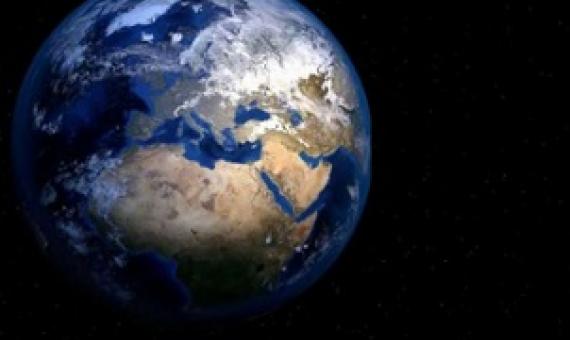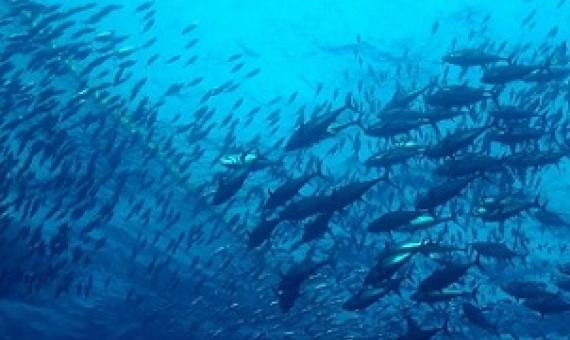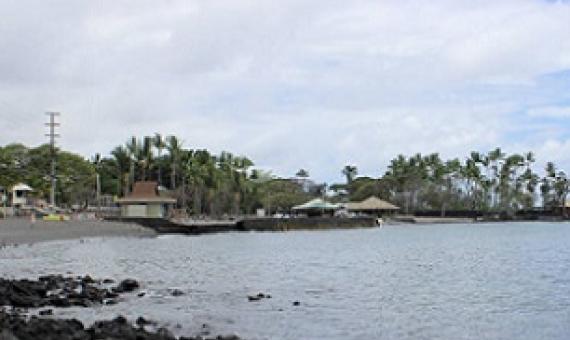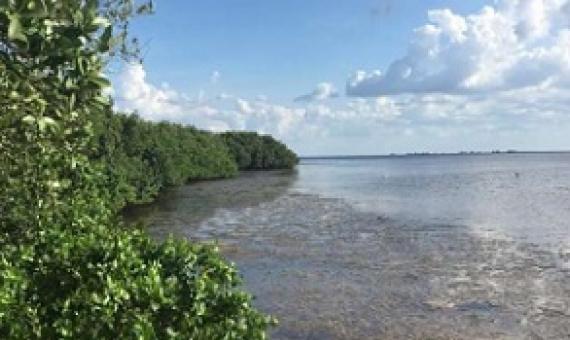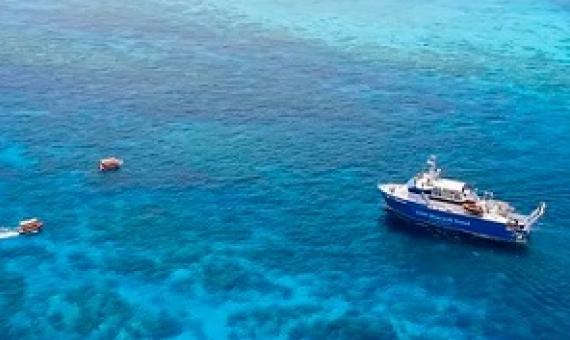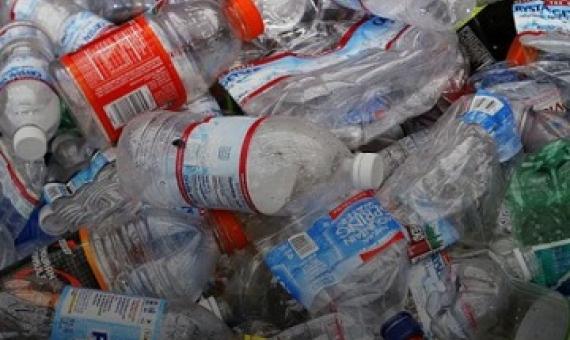Across the world, many countries underreport their greenhouse gas emissions in their reports to the United Nations, a Washington Post investigation has found. An examination of 196 country reports reveals a giant gap between what nations declare their emissions to be vs.
High greenhouse gas emissions will drastically alter distribution of key tuna species.
As the COVID-19 pandemic took hold in the first half of 2020, the lack of human activity around the world resulted in a 9% drop in the greenhouse gas emissions at the root of climate change. Almost overnight, the Himalayas became visible from a distance for the first time in years.
Mangrove trees—valuable coastal ecosystems found in Florida and other warm climates—won't survive sea-level rise by 2050 if greenhouse gas emissions aren't reduced, according to a Rutgers co-authored study in the journal Science.
Scientists recently confirmed the Great Barrier Reef suffered another serious bleaching event last summer - the third in five years. Dramatic intervention to save the natural wonder is clearly needed. First and foremost, this requires global greenhouse gas emissions to be slashed.
Nature Map Explorer provides a set of integrated global maps on biodiversity and ecosystems services, including carbon, based on the best available scientific data.
As the world begins to move away from fossil fuels as a source of energy, Big Oil companies are investing heavily in hundreds of new petrochemical plants to ramp up plastic production. And growing plastic production will greatly increase greenhouse gas emissions.

